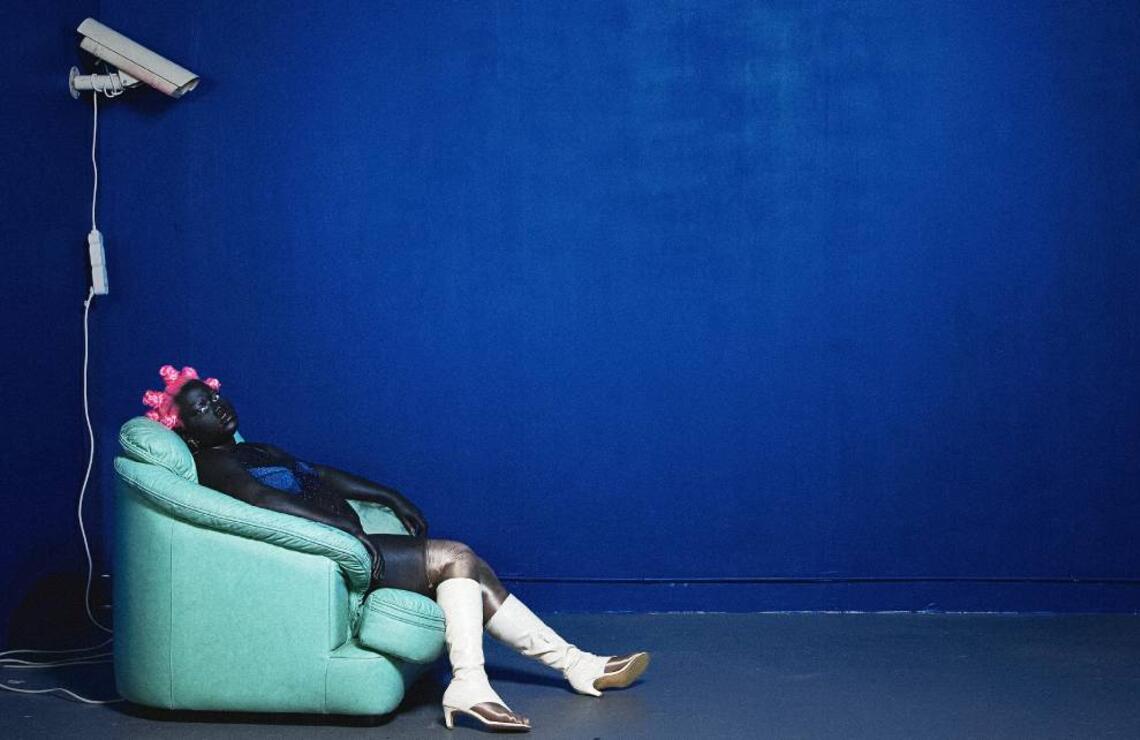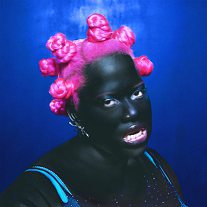
Uzi Freyja:
«Impossible is not Cameroonian»
Bhelize Don't Cry, Uzi Freyja's first album, is a joy to discover. Inspired, polished melodies manifest a blend of influences in tracks that are both moving and exciting. Catch her on her European tour!
AM: How did this very personal first album come about?

Fougue. LANG SEBASTIEN
Uzi Freyja: I wanted to be free to express all the emotions I've been experiencing over the last twenty years. In 2023, I felt like everything was overwhelming me, that I couldn't express myself, and that took me back to my childhood and adolescence, when I wasn't able to express my feelings, whether negative or positive. Going through this frustration again as an adult made me realise how much I had neglected my inner child. If I had the opportunity to guide her, what would I say to her? That's where the need to write her twelve letters came from, repeating like a mantra that there is always light at the end of the tunnel.
How are you inspired by the myths you often refer to?
I've been fascinated by Greek and Norse mythology since I was a little girl. I felt that anyone could be a goddess or a god. I understood the complexity of the stories we're told as children: it's not just about good and evil, the path to freedom isn't necessarily the one we think it is, and consent should never really be an option. As a child, I wanted to be Athena; today, I feel much closer to Medusa. Like her, I was devastated when no one believed me, I was shamed, I was blamed for the violence I suffered, I was made to believe that I deserved it. Despite all this, like her, I found a way to turn my wounds into strength. That's what I express in ‘Medusa’: ‘They made me bad, now they're calling me a monster.’
How are your Cameroonian origins expressed in your music?
There's a proverb that says, ‘Impossible is not Cameroonian, humility is not for us.’ That phrase fuelled me while I was working on the album. People told me many times that I was taking a risk by mixing different genres of music and collaborating with several composers. And I always replied, «Impossible is not Cameroonian!»